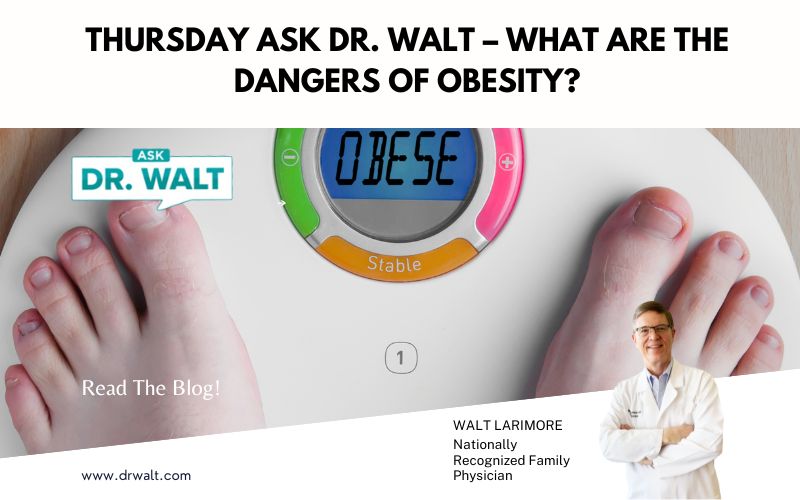
Thursday Ask Dr. Walt – What are the dangers of obesity?
November 10, 2022
HOLIDAY SEASON SPECIAL – Autographed and Personalized Books
November 12, 2022Experts say there are several ways to boost the immune system and reduce the risk of illness during the cold and flu season.
Here are some new and surprising ways to reduce your risk of colds, flu, and maybe even COVID
- Exercise stimulates immune cells to help the body eliminate virus-infected cells,
- Getting sufficient rest can help with stress regulation and immune response,
- Eating a healthful diet provides flavonoids that fight inflammation and illness, and
- Getting vaccinated (at least for influenza and COVID) and continuing to wear a face mask in crowded indoor public spaces are important — especially if you are at higher risk.
Of course, these four should be used along with the tips long-recommended by the CDC:
-
- Avoid close contact.
Avoid close contact with people who are sick. When you are sick, keep your distance from others to protect them from getting sick too. - Stay home when you are sick.
If possible, stay home from work, school, and errands when you are sick. This will help prevent spreading your illness to others. - Cover your mouth and nose.
Cover your mouth and nose with a tissue when coughing or sneezing. It may prevent those around you from getting sick. Flu viruses spread mainly by droplets made when people with flu cough, sneeze or talk. - Clean your hands.
Washing your hands often will help protect you from germs. If soap and water are not available, use an alcohol-based hand rub.- Handwashing: Clean Hands Save Lives
Tips on hand washing and using alcohol-based hand sanitizers - It’s a SNAP Toolkit: Handwashing
Hand washing resources from the It’s A SNAP program, aimed at preventing school absenteeism by promoting clean hands. From the School Network for Absenteeism Prevention, a collaborative project of the CDC, the U.S. Department of Health and Human Services and the American Cleaning Institute.
- Handwashing: Clean Hands Save Lives
- Avoid touching your eyes, nose, or mouth.
Germs can be spread when a person touches something that is contaminated with germs and then touches his or her eyes, nose, or mouth. - Practice other good health habits.
Clean and disinfect frequently touched surfaces at home, work or school, especially when someone is ill. Get plenty of sleep, be physically active, manage your stress, drink plenty of fluids, and eat nutritious food.
- Avoid close contact.
Read the full story in The New York Times
© Copyright WLL, INC. 2022. This blog provides healthcare tips and advice that you can trust about a wide variety of general health information only and is not intended to be a substitute for professional medical advice, diagnosis, or treatment from your regular physician. If you are concerned about your health, take what you learn from this blog and meet with your personal doctor to discuss your concerns.




